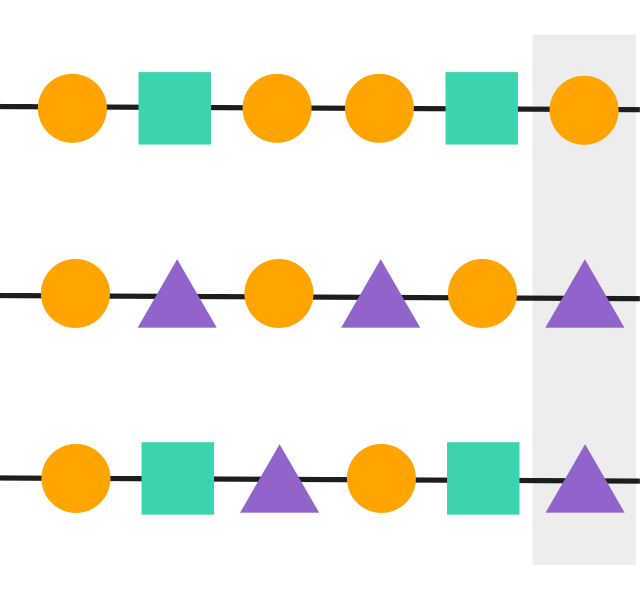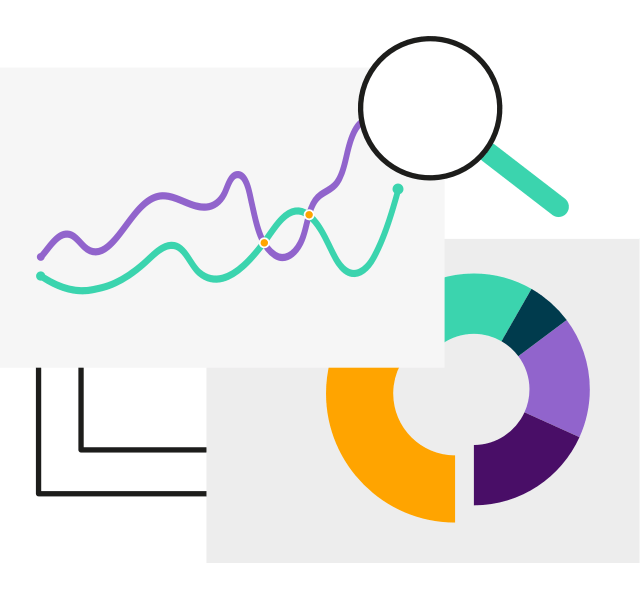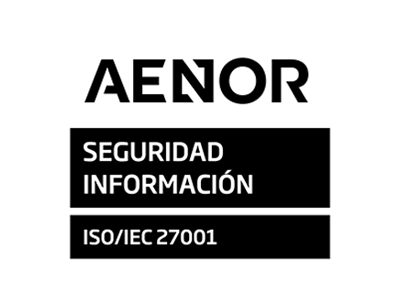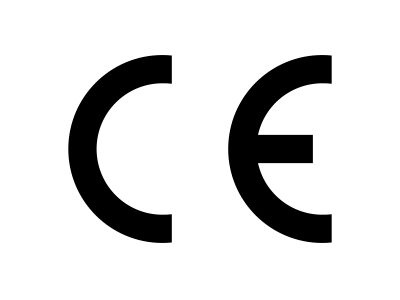Use case
A 360° Approach to Improve Treatment Adherence
Patients who fail to comply with drug treatments and recommendations prescribed by their doctor are, unfortunately, commonplace.
Due to the increasing life expectancy, the growing prevalence of both chronic diseases, multi-morbidity, polymedication among the aging population, treatment adherence have become major global problems.

What do we solve?
About 50% of patients who suffer from chronic diseases and undergo long-term treatment do not adhere to the medication regimen prescribed by their doctor.
In addition to being harmful to the patient himself, non-adherence is a serious community problem that has an enormous economic impact. This is due to the extra costs generated by therapeutic failures, increasing rates of hospitalization, and the rising costs of sick leave.
How do we solve it?
Addressing this situation, which involves multiple stakeholders, is crucial —patients, administration, health professionals, and the pharmaceutical industry, as well as carrying out actions that:
– Identify non-adherence behavior patterns.
– Generate conversations in an environment of trust.
– Provide personalized content and services according to the patient’s profile.
dezzai has developed a mechanism that carries out all these actions —which have a positive impact on the patients’ adherence regime, using technology and artificial intelligence.
1
Behavior pattern prediction.
The information we obtain from clinical studies, patient histories, and medical literature allows us to define behavior patterns according to the patients’ profile and pathology.

1

Behavior pattern prediction
The information we obtain from clinical studies, patient histories, and medical literature allows us to define behavior patterns according to the patients’ profile and pathology.
Detection of non-adherent patients
Comparing the conversations of the patients through social platforms or chatbots with the behavior patterns defined in the previous phase will allow us to detect possible cases of non-adherent patients.
2

3
From knowledge to action.
Thanks to conversations and real-world data, we target each patient with personalized actions to change their behavior towards adherence.

3

From knowledge to action
Thanks to conversations and real-world data, we target each patient with personalized actions to change their behavior towards adherence.
Monitoring and improvement
Analyzing these interventions and their results through the appropriate KPIs is the perfect tool to make the best decisions.
4

What does the organization get in return?
Thanks to dezzai, pharmaceutical companies can use a cost-effective way to demonstrate the action of their drugs, leaving more resources free for research and development.
– Confidence in the effectiveness of drug outcomes in a real-world environment.
– Reduction of failures, knowledge of long-term use outside of clinical studies.
What do patients get in return?
Lack of adherence is directly associated with decreased quality of life and life expectancy. Getting a patient to adhere to their treatment can help:
– Increase control over the disease and reduce possible complications.
– Improve the knowledge they have about their illness.
– Increase their motivation.
– Understand the seriousness of not complying with the treatment.
What do administration and healthcare professionals get in return?
In addition to providing better service to patients, the Administration will see economic savings due to a drop in hospital readmissions, a reduction of sick leaves, and a decrease in the consequences of therapeutic failures.
– Improved communication between the health professional and the patient.
– Increased confidence and accessibility.
– Enhanced patient privacy and confidentiality.
– Reduction of bureaucracy.
Other use cases

New Digital Engagement Platform

Reasoning Engine for the Pharma Industry





